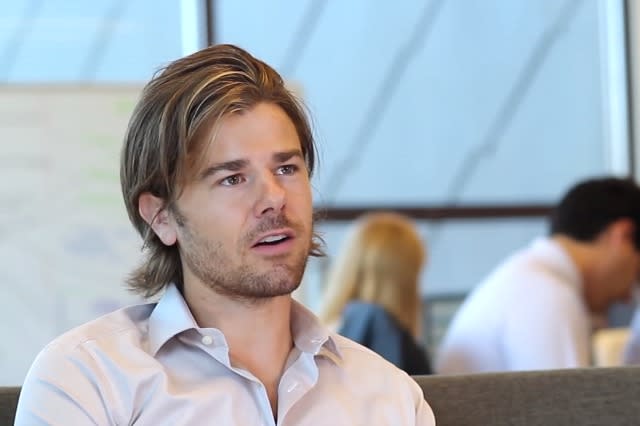Boss gives staff a massive pay hike - by cutting his own salary


Dan Price, founder of credit card processor Gravity, has increased the salary of everyone who works for him to at least $70,000 (£47,000). He has paid for it by slashing his own pay from $1 million to $70,000.
According to the New York Times, Price announced that he would make the minimum wage at his Seattle firm £47,000 within three years. It means that 70 of his 120 workers will see their pay increase - including 30 who will see it double. He will also use 80% of the company's profits this year to pay for the move.
While announcing the pay hike he added: "Is anyone else freaking out right now? I'm kind of freaking out."
The Metro reported that he argued that CEOs are paid far too much, and the difference between what most CEOs make and the rest of their staff's salaries is absurd. He also said he would keep his pay at that level until profits were back at their former heights.
First of many?
The move reflects what many people have been arguing for years, that the gap between what CEOs make and the amount their workforce earns is unfair. Last summer, analysis by the High Pay think-tank discovered that the average FTSE 100 CEO was paid around 143 times more than their average employee. This is particularly shocking when you consider that in 1998 they were paid 47 times more than their average employee.
Deborah Hargreaves, director of the High Pay Centre, said: "When bosses make hundreds of times as much money as the rest of the workforce, it creates a deep sense of unfairness. Britain's executives haven't got so much better over the past two decades. The only reason why their pay has increased so rapidly compared to their employees is that they are able to get away with it."
In 2013, regulations came into force to make companies specifically publicise the relative rate of pay increases between senior executives and the rest of the workforce. They also have to disclose how pay and conditions are considered when setting executive pay. Pay experts expect this to encourage companies to reconsider the pay gap between executives and the rest of the workforce, but only time will tell.
In the US, the gap is even bigger - at around 300 times. CEOs are now forced to publish details of how much more than their average employee they earn, but until Price's move, there was very little activity as a result. The question is whether more transparency and bold statements by leaders like Price will persuade others to close the gap, or whether fat cats will just be too attached to their bumper pay packets.
What do you think? Let us know in the comments.
Careers stories on AOL Money
How to make money working from home
What are the most common interview questions?
Got a sweet tooth? This could be the world's best job




